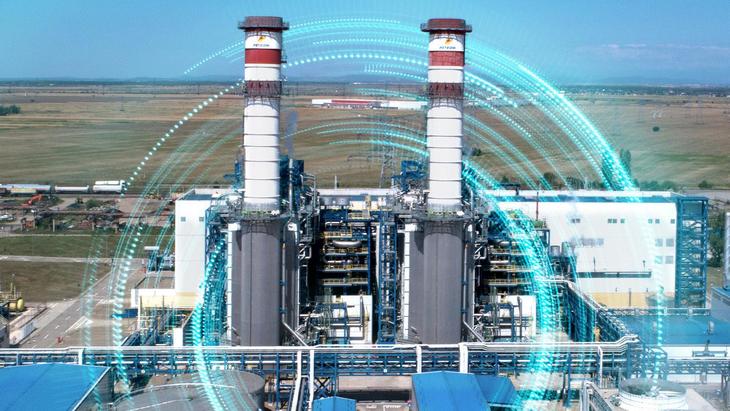OMV Petrom, the largest integrated energy company in Southeast Europe, will produce sustainable aviation fuel at the Petrobrazi refinery by co-processing rapeseed oil produced in the local market. The first test quantities are estimated for July this year. The product will help reduce CO2 emissions from commercial flights.
Thus, Petrobrazi will be the first refinery in Romania to produce sustainable aviation fuel (SAF).
The SAF produced at the Petrobrazi refinery can help reduce CO2 emissions from commercial flights by about 70% compared to conventional fuel.
“The production of SAF is part of our strategic objectives and we believe that it will become the main alternative for achieving the climate objectives in the aviation industry. We aim to have an annual production of SAF and HVO (hydrotreated vegetable oil) of about 450 thousand tons in 2030,” said Radu Căprău, member of the Management Board of OMV Petrom, responsible for Refining and Marketing.
The new test was based on the first successful rapeseed oil co-processing pilot at Petrobrazi Refinery in July 2020. OMV Petrom was certified as an HVO manufacturer based on the CERTROM audit, in accordance with the requirements of the voluntary sheme International Sustainability and Carbon Certification (ISCC-EU). This is a system recognized by the European Commission for the certification of sustainable materials that comply with the legal requirements of the Directive on the Promotion of the Use of Energy from Renewable Sources (RED). The use of HVO reduces CO2 emissions by at least 65% compared to conventional diesel.
Petrobrazi will thus become the first ISCC certified refinery in the country to produce SAF and HVO by co-processing raw materials of an organic nature. The SAF produced at the Petrobrazi refinery for commercial flights will help reduce CO2 emissions by about 70% compared to conventional fuel.
At the same time, the company plans to expand production capacity in the future to achieve advanced sustainable fuels, obtained from a wide range of residual raw materials (e. g. used cooking oil).
To meet the European Commission’s climate goals, the current plan includes the use of at least 63% SAF of aviation fuel demand by 2050 for EU air transport. Sustainable fuels will play a major role in decarbonising this sector.
Romania is one of the largest producers of rapeseed in the European Union, ranking 4th in 2021. According to the National Institute of Statistics, most of the production is exported as raw material (seeds), only a part of the quantities obtained being capitalized internally. By using rapeseed oil obtained locally in the production of sustainable aviation fuels, the company contributes to expanding the value chain of rapeseed in Romania.

